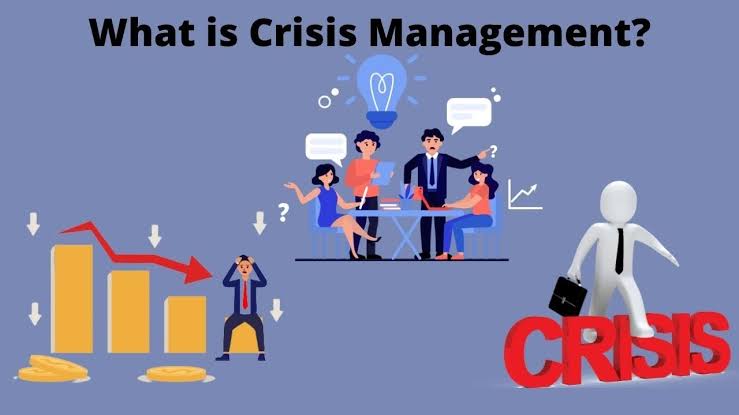Navigating a crisis is like sailing through a storm—you need a sturdy ship and a skilled crew. In the realm of public relations (PR), the effectiveness of strategies during a crisis can mean the difference between weathering the storm and capsizing. Here’s a closer look at how PR strategies play a pivotal role in managing crises effectively.
Immediate Response and Damage Control
When a crisis strikes, the initial response sets the tone for how the public perceives your organization. Promptly addressing the issue with transparency and empathy is crucial. PR strategies emphasize swift action to contain the situation, mitigate damage to the brand’s reputation, and reassure stakeholders. By communicating openly and honestly, organizations can regain trust and credibility amidst uncertainty.
Maintaining Open Communication
Effective PR strategies prioritize open communication channels during a crisis. This involves keeping stakeholders informed through various platforms—social media, press releases, and direct interactions. Clear and consistent messaging helps dispel rumors and ensures accurate information reaches the public. By staying proactive in communication, organizations can steer the narrative in a direction that aligns with their values and mitigates negative perceptions.
Building Trust Through Authenticity
In times of crisis, authenticity emerges as a cornerstone of effective PR strategies. Transparently admitting mistakes, taking responsibility, and outlining corrective actions demonstrate accountability. Authenticity fosters trust among stakeholders, showing a genuine commitment to resolving issues and safeguarding their interests. PR professionals adept at conveying sincerity can turn a crisis into an opportunity to strengthen relationships with the community and stakeholders.
Adapting Strategies to the Digital Age
The digital landscape has revolutionized crisis management in PR. Social media and online platforms amplify the spread of information, making swift and agile responses imperative. Effective PR strategies leverage digital tools for real-time monitoring of public sentiment and immediate engagement. By engaging proactively on digital platforms, organizations can manage perceptions, address concerns promptly, and shape the narrative before it spirals out of control.
Learning from Past Crises
Learning from past crises is integral to refining PR strategies. Case studies and post-crisis evaluations provide valuable insights into what worked and what didn’t. Analyzing successful crisis management strategies helps PR professionals adapt and enhance their approach for future incidents. By continually learning and evolving, organizations can build resilience and readiness to face unforeseen challenges effectively.
Collaboration Across Teams
Effective crisis management in PR requires collaboration across departments—from PR and communications to legal and senior management. A coordinated approach ensures alignment in messaging, strategy execution, and decision-making during a crisis. By pooling expertise and resources, organizations can respond decisively and mitigate risks more effectively. Cross-functional teamwork enhances agility and strengthens the organization’s ability to navigate complex crises
The effectiveness of PR strategies in crisis management hinges on proactive planning, transparent communication, and genuine engagement. By prioritizing swift responses, maintaining open channels of communication, and adapting to digital dynamics, PR professionals can steer organizations through turbulent times with resilience and credibility. Authenticity and collaboration across teams further bolster crisis management efforts, fostering trust and ensuring long-term reputation preservation. Ultimately, effective PR strategies not only manage crises but also position organizations to emerge stronger and more resilient in the eyes of their stakeholders.











